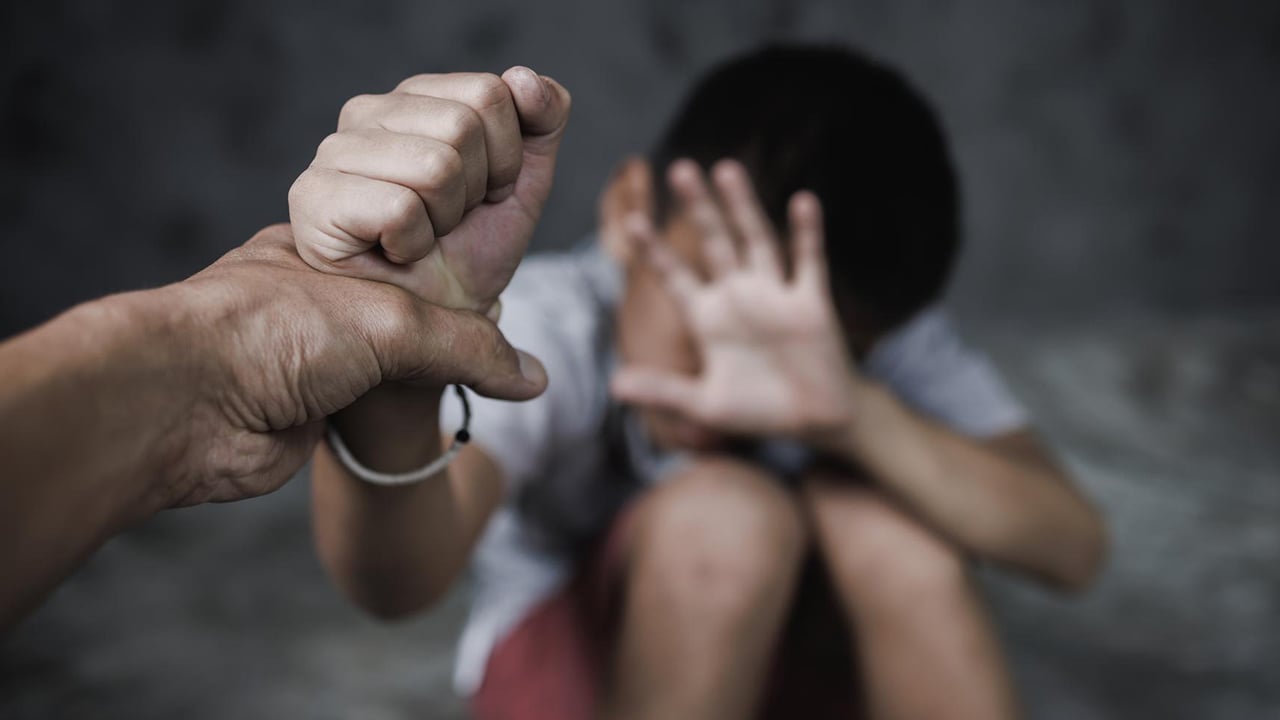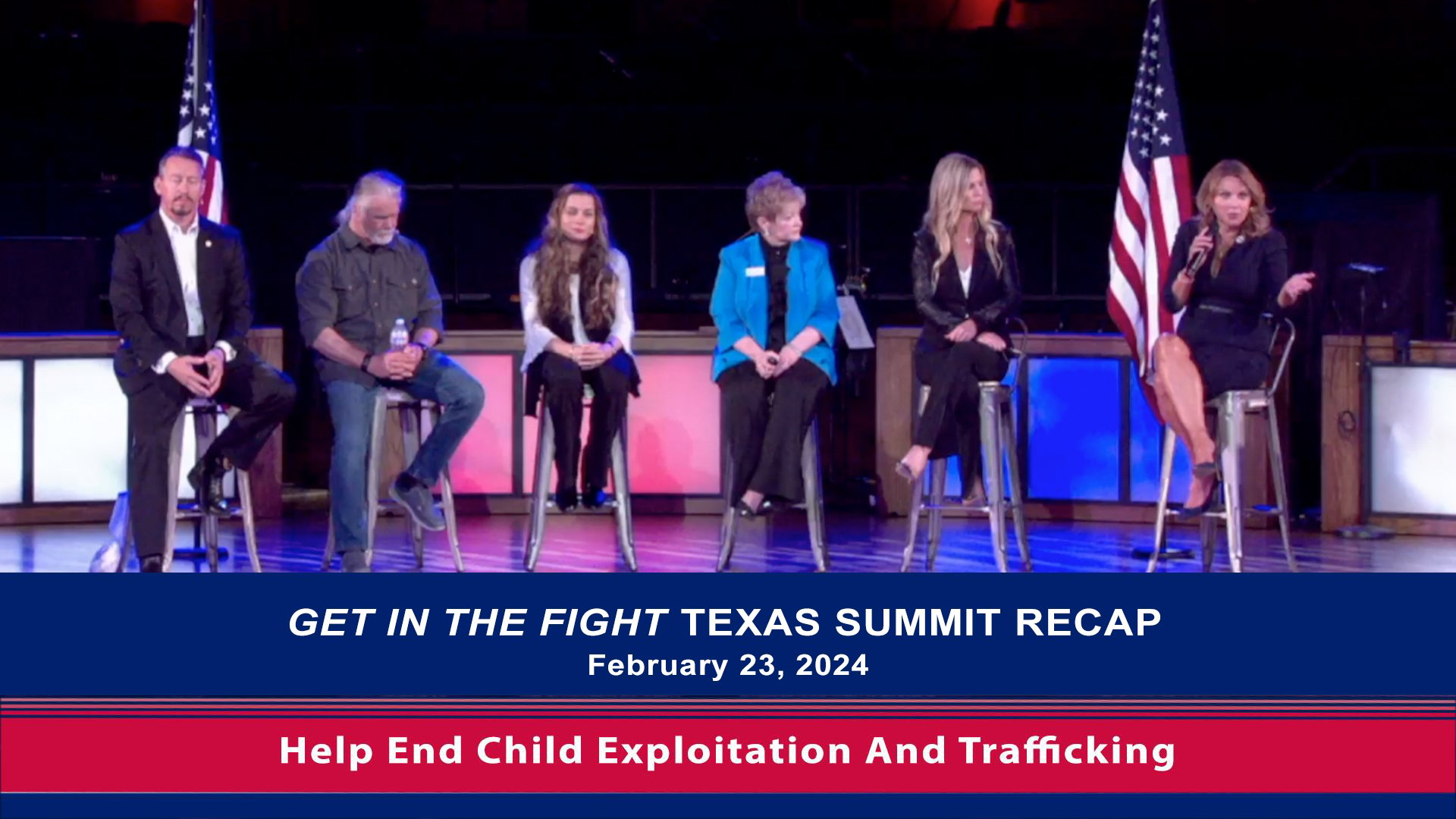Where can I find Washington’s Public Records Act?
The state law governing access to Washington’s public records and obtaining those records are located here.
What records are public?
A public record is any state or local record relating to:
- The conduct of government; or
- The performance of a governmental function
And which is:
- Prepared;
- Used; or
- Retained by any state or local agency.
A local agency can include:
- A city;
- County;
- District; or
- Similar governmental entity.
The record may be in a variety of forms such as:
- Writing;
- A recording;
- A picture;
- An electronic disk;
- A magnetic tape; or
- Email.
What public records are available for inspection?
All records maintained by state and local agencies are available for public inspection unless law specifically exempts them. You are entitled to access to public records under reasonable conditions, and to copies of those records upon paying the costs of making the copy. In most cases, you do not have to explain why you want the records. However, specific information may be necessary to process your request. An agency may require information necessary to establish if disclosure would violate certain provisions of law.
Exempt Records
While the state strongly encourages disclosure of public records, state law does allow for some information to be withheld. These “exemptions” are listed in the Public Records Act (RCW 42.56). Other exemptions are found elsewhere in Washington law, and in federal law.
Many of the exemptions are designed to protect the privacy rights of other individuals. Other exemptions are designed to protect the investigative functions of law enforcement and other agencies with investigative responsibilities, as well as the legitimate business interests of other citizens.
You should refer to the Public Records Act itself for specific exemptions. You may also wish to consult with an agency’s records officer.
Just because part of a record may be exempt does not mean the entire record can be withheld. In those cases, the agency has the obligation to black out or otherwise remove the information it believes is exempt from disclosure and provide you the rest.
If you are denied access to a public record, the agency must identify the specific exemption or other law it believes justifies its denial and explain how that exemption applies to your request.
An Agency Is Not Required to Create Records
While, in general, an agency must provide access to existing public records in its possession, an agency is not required to collect information or organize data to create a record not existing at the time of the request. The more precisely you an identify the record you seek, the more responsive the agency can be.
How Do I request records?
A request for public records can be initiated:
- In person;
- By mail, email, or fax; or
- Over the telephone.
You may be able to obtain the addresses and telephone numbers of state agencies in current telephone directories, or you can obtain the telephone number of an agency by calling the Secretary of State “Ask a Librarian” service at 360-704-5221.
Each state and local agency is required to provide assistance to citizens in obtaining public records and to explain how the agency’s public records process works.
If you request certain public records, the agency must make them available to you for inspection or copying (unless they are exempt from disclosure) during customary office hours of that agency.
You should make your request as specific as you can. A written request helps to identify specific records you wish to inspect. Many agencies have a public records request form they will ask you to use.
After your inspection of records, you may identify those records you desire and, if copying does not disrupt agency operations, copies can be promptly made for you. The agency may enact reasonable rules to protect records from damage or disorganization and to prevent disruption of agency operations.
Each state or local agency is required to establish an index as an aid to locating public records. The index is to be published and made available to those who request it.
How do agencies respond to a records request?
Agencies are required to respond promptly to your request. Within five business days after receiving a request, the agency must either:
- Provide the record(s);
- Acknowledge your request and give you a reasonable estimate of how long it will take to fully respond; or
- Deny the request in writing, with reasons for the denial (this could also include a denial of part of your request and granting of the remainder). The agency must tell you the specific exemption or other law it relies upon for its denial.
If a request is not clear, the agency may ask you for further clarification.
If an agency denies your request, you may ask the agency to conduct an internal review of its denial within two business days after denial. At that time, the agency’s denial is considered final and you can seek court review or, in some cases, review by the Attorney General’s Office.
The Agency May Notify Affected Persons and May Seek Court Protection
The agency may notify persons to whom the record pertains that release of the record has been requested. The agency, or a person to whom the record applies, may ask a court to prevent an inspection of the record. If a court order preventing disclosure is sought, the records request is on hold until further order of the court.
What are the costs associated with the production of records requested?
There is no charge for inspecting public records, but the agency may charge a requestor for the actual costs of copying the records. The charges associated with copying records are set forth in RCW 42.56.120 and can be found here.
What are my options if my request for records is denied?
Court Review: If either a state or local agency denies your request to inspect or copy a record, you may file a lawsuit in Superior Court in the county where the agency record is located (or, for a case against a county, in the adjoining county) to require the agency to release the record. Likewise, if there is unreasonable delay by the agency, you may bring a similar court action.
The burden is on the agency to establish that its denial of inspection is proper or its estimate of time for response is reasonable. If you are successful in reversing the agency denial, the court will require the agency to pay costs and reasonable attorney fees incurred in the court action and may award you an amount between $5 and $100 a day for each day that access to the records was denied.
Attorney General Review: If a state agency (but not a local agency) denies your request to inspect or copy all or part of a record, you may request Office of Attorney General review. Direct your written request for Attorney General review, along with a copy of your request to the agency, and the agency’s written denial to:
Office of the Attorney General
Public Records Review
P.O. Box 40100
Olympia, WA 98504-0100
The Office of Attorney General will independently review your request and the agency’s denial and provide you with a written opinion as to whether the record you requested is exempt from disclosure. This review by the Attorney General is not binding on the agency or upon you.
The Attorney General review and response will be conducted as promptly as possible.
The Office of Attorney General may have to contact you or the state agency to get more information before completing the review. The specific timeframe will vary depending upon the complexity of the issues involved, the need to obtain information from the requestor or the agency, and the volume of requests received.
The Attorney General review process does not apply to denials of requests by local agencies.
Washington’s Denials of Public Records Requests brochure provides additional information regarding Attorney General reviews. You may submit a request to the Public Records Review address listed.
















